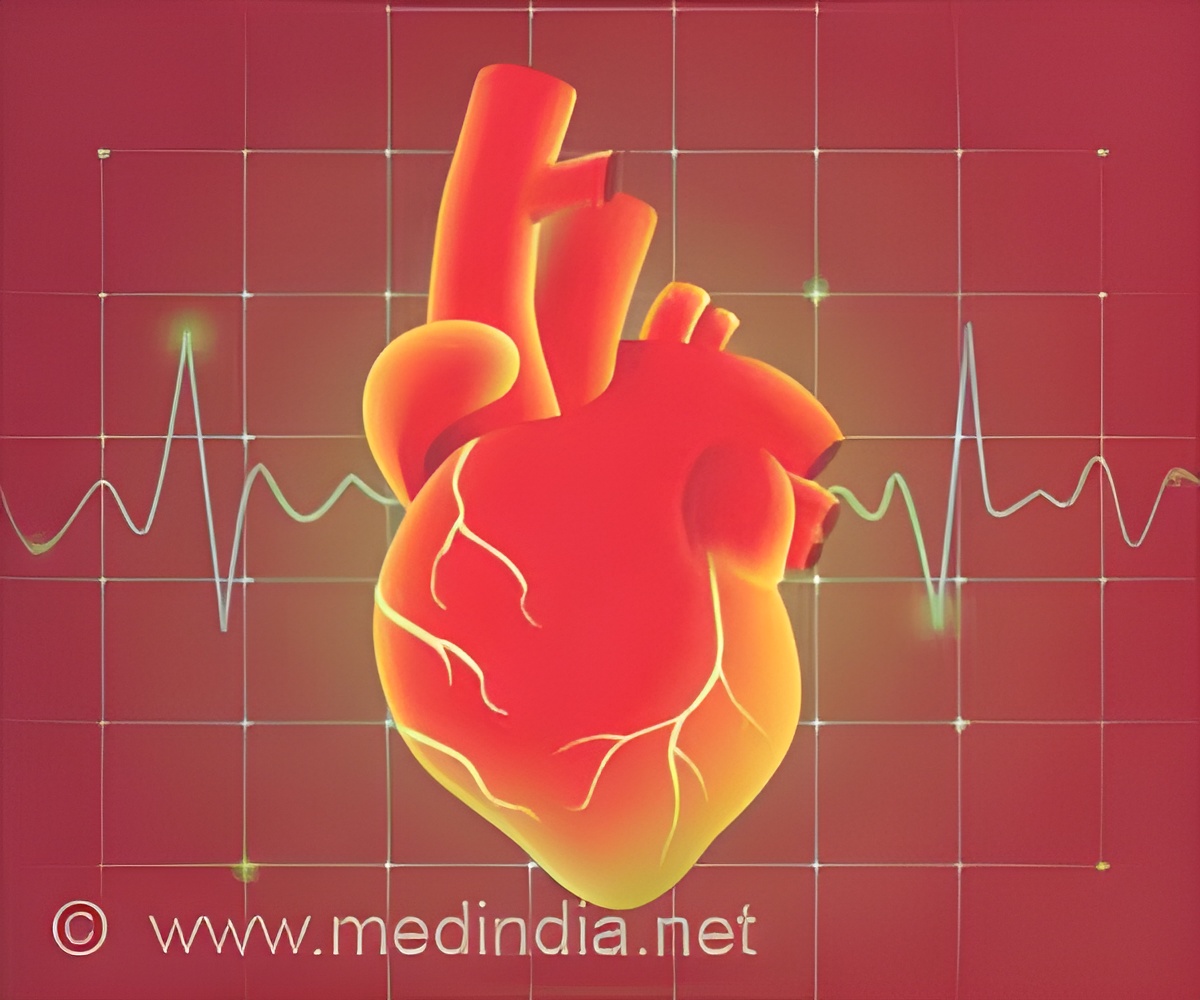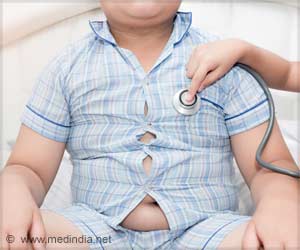
‘The tendency for active-duty service members to be more physically fit and less overweight than same-age, nonmilitary individuals. ’
Tweet it Now
The study indicates that perhaps the "healthy-soldier effect" is no longer guaranteed. It's a phenomenon that Hinojosa explores in ongoing research. "The outcome of the analysis suggested that not only does the healthy-soldier effect not seem as potent as it once was, in fact, what I see is veterans tend to have cardiovascular morbidity earlier than nonveterans, and they tend to have a greater number of conditions," Hinojosa says.
The researcher said the change could be due to the nature of conflict in Iraq and Afghanistan, modern warfare, changing diets, changing approaches to leisure and exercise, higher rates of obesity in younger veterans than nonveterans at the same age, and higher rates of drinking, smoking and mental illness.
In light of these results, Hinojosa said it is important for health practitioners to look closely at cardiovascular health for younger veterans so they can address preventative approaches to ward off early onset of cardiovascular diseases.
"I think that being aware we sort of have the first rumblings of what seems to be a health crisis will help us focus our attention on health resources and providing younger veterans with access to resources that can help them ameliorate the likelihood of early onset cardiovascular disease," Hinojosa says.
Advertisement
Hinojosa looked at five particular cardiovascular conditions reported in the survey and their association with veteran status and sociodemographic status, including age.
Advertisement
The switch could be due to fewer veterans surviving into older age because of cardiovascular diseases, Hinojosa said.
"It's concerning to know that the physical benefits of military service seem to be not holding as well for the younger veterans," Hinojosa says. "This suggests the health protective benefits of military service are not what they used to be. I think that should cause us to really look at what's going on among the veterans after they leave military service."
Source-Eurekalert















